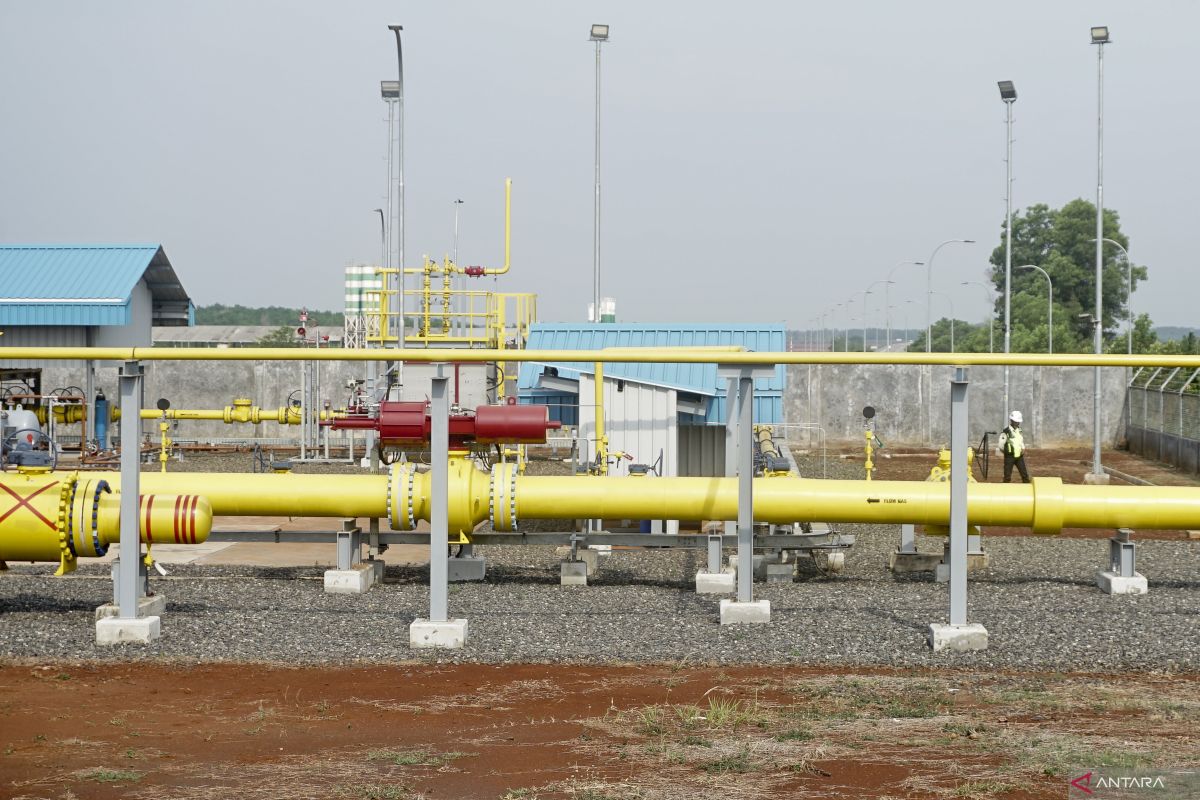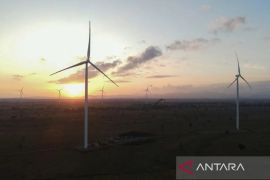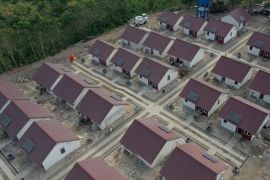"Thank God, the executor company told me that all pipes are made at home. We should not use imported components if we have domestic ones. Hence, we should appreciate the company for achieving 100 percent TKDN (Domestic Component Level)," he stated.
In his office's press release cited here on Tuesday, Lahadalia underlined that the project, worth Rp2.7 trillion (US$178 billion) and funded by the state budget, is essentially designed to register at least 60 percent TKDN in the hopes of bringing maximum benefits to national industries.
The minister expressed belief that by prioritizing domestic components for the project, the government could open wider opportunities for local industry players to contribute to developing national energy infrastructures.
That way, he said, the project can be expected to help ramp up production capacity, spur innovation in manufacturing high-quality products, and slash reliance on imported materials.
Related news: SKK Migas increases TKDN level to enhance production capacity
He further remarked that the pursuit of TKDN also serves to ensure that the second phase of the Cisem pipeline, covering the Batang, Cirebon, and Indramayu regions, can drive long-term multiplier effects on Indonesia's national energy resilience.
Meanwhile, Dadan Kusdiana, the ESDM Ministry's Acting Director General of Oil and Natural Gas, emphasized that President Joko Widodo had declared the Cisem pipeline a national strategic project to strengthen energy infrastructure and achieve efficiency in natural gas distribution.
"Among the main benefits this project offers is more affordable prices of natural gas for both the commercial and industrial sectors. We are also planning to broaden the coverage to the household sector," he remarked.
The government has set the target of completing the project's construction by the first quarter of 2026.
Related news: Indonesia signs gas pipeline project, to finish in 2025
Translator: Ahmad M, Tegar Nurfitra
Editor: Yuni Arisandy Sinaga
Copyright © ANTARA 2024












